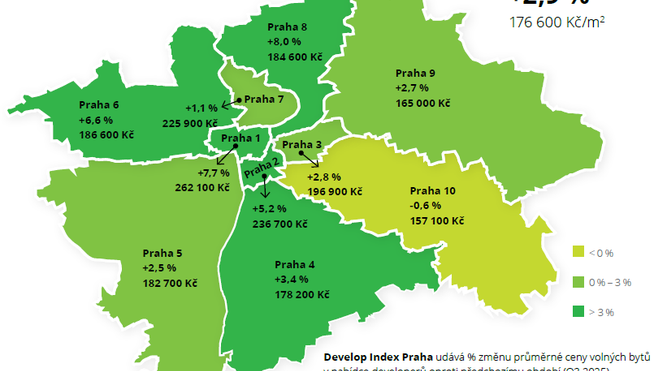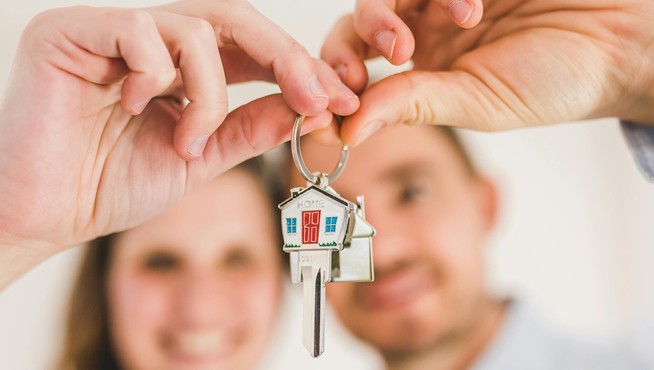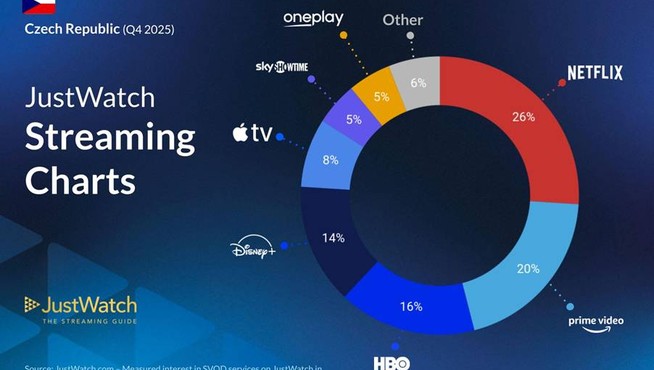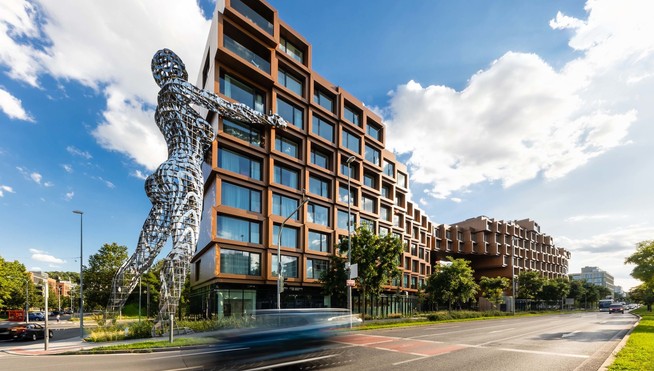First meeting of the Global Gateway Board - Global Gateway
The President of the European Commission, Ursula von der Leyen convened the first meeting of the Global Gateway Board today. The meeting highlighted the progress that has been made in the first year of implementation of Global Gateway with the target of mobilising €300 billion of investments by 2027. It identified operational priorities for working together in 2023 to roll out Global Gateway with partners. It also identified ways to align the activities of all Team Europe actors to deliver the positive offer in partner countries.
President of the European Commission, Ursula von der Leyen, said: “Global Gateway is above all a geopolitical project, which seeks to position Europe in a competitive international marketplace. It is a critical tool because infrastructure investments are at the heart of today's geopolitics. Partners around the world want to work with Europe. The first year of implementation shows the demand for sustainable investments that put the strategic autonomy of our partners at the heart of our offer.”
Assessing first results and charting the course for 2023
The Board meeting reviewed the first year of implementation of Global Gateway based on presentations by Commissioner Jutta Urpilainen and Commissioner Olivér Várhelyi. President von der Leyen then led a strategic discussion with the Board on the priorities for Global Gateway implementation in 2023 across all regions. Particular emphasis was placed on joint implementation in a Team Europe approach. High Representative/Vice President Josep Borrell concluded the meeting and will debrief the Foreign Affairs Council on 12 December 2022.
The Global Gateway strategy is firmly under way. Key investment are being made in its first year of implementation to boost digital connectivity through underwater data cable and terrestrial connections between the EU and its partners, to increase energy renewable production with investments in solar plants and wind farms and to increase for example access and manufacturing capacity of vaccines, medicines and health technologies.
This includes for example in the digital sector, the 7,100 km Medusa optical-fiber Submarine cable with a total investment of €342 million, including a €40 million EU grant, to connect Algeria, Egypt, Morocco and Tunisia and Cyprus, France, Italy, Portugal and Spain, as well as the extension of the submarine and terrestrial fibre optic cable BELLA to Central America and the Caribbean and set up Earth Observation Centers in Panama through ‘Copernicus'.
In the energy sector, it includes for example the Trans-Balkan Electricity corridor to connect the transmission system of Serbia, Montenegro and Bosnia and Herzegovina to Croatia, Hungary, Romania and Italy, with €41.2 million estimated total investment, as well as photovoltaic plants in Albania, Kosovo, North Macedonia and wind parks in North Macedonia and Serbia. The EU has also signed green hydrogen and critical raw material partnerships with Namibia and Kazakhstan and a green hydrogen partnership with Egypt and in a Team Europe approach will support the Just Transition Partnership with Indonesia and South Africa with €2.4 billion and €3 billion respectively.
When it comes to strategic transport corridors, investments include the rehabilitation of a 34 km railway section Beljakovce-Kriva Palanka in North Macedonia and the Bulgarian border worth €565 million in total investments and €279 million in total investments for a section along Corridor X on the Belgrade-Nis railway line.
In the health sector, investments also include over €1 billion from Team Europe to support access and manufacturing of vaccines, medicines and health technologies in Africa, with support under way in Rwanda, Senegal, Ghana and South Africa, while in the education sector, the EU is investing in 25 projects in capacity building in the field of vocational education and training involving 26 African countries.
Since the launch of the Global Gateway strategy, more than €9 billion in grants from the EU budget have been committed for key investments in all identified sectors in Africa, Latin America and the Caribbean and the Pacific.
For the Sub-saharan Africa, Latin American and Asia Pacific regions, the Commission will submit on the 15 of December, 40 project pipelines from European Financial Institutions for the approval of the Operational Board under the European Fund for Sustainable Development plus (EFSD+), , expected to generate more than €50 billion in investments together in key sectors contributing to Global Gateway.
Under the EFSD+ guarantee agreement signed in May with the European Investment Bank, for a total €26.7 billion guarantee to cover EIB sovereign lending in sectors like clean energy, green infrastructure and health, 34 projects worth €7.4 billion of investments have already been approved.
When it comes to the Western Balkans and the Southern and Eastern Neighbourhood, the EU, together with the European financial institutions, have mobilised to date €14 billion from the €77 billion in total investments expected to be leveraged until 2027 under the three Economic and Investment plans, contributing to deliver in these regions on Global Gateway.
Engagement with the private sector
Ahead of the Global Gateway Board meeting, President von der Leyen met with the Chair of the European Round Table for Industry, Jean François van Boxmeer, and the President of Business Europe, Fredrik Persson. They exchanged views on how to create the conditions for the European private sector to participate in the implementation of Global Gateway.
Background
The 2021 Global Gateway strategy provides the framework for the EU's external investment in an evolving international context. It is the EU's offer for narrowing the global investment gap, supporting global economic recovery, and accompanying the twin green and digital transitions beyond Europe's borders. Global Gateway covers both hard infrastructure and the enabling environment, regulatory frameworks and norms and standards, technology transfer, know-how. At its core, the ambition is to execute transformative, large-scale projects with a strong infrastructure element that combine public and private financing for investments.
Global Gateway is the EU's positive offer to our partner countries in support of their own strategic autonomy. By scaling up high-quality geostrategic investments, it aims to advance European interests and to position the EU more prominently in a geopolitically contested world by strengthening our bilateral and regional partnerships.
Covering five main sectors – digital, climate and energy, transport, health, and education and research – it is implemented through a Team Europe approach working together behind common priorities and principles to reach scale and tangible and visible impact on the ground. It mobilises all EU institutions, EU Member States, their Development Finance Institutions, the European Investment Bank, the European Bank for Reconstruction and Development and the European private sector.
The Global Gateway Board, at the level of the President of the Commission and Member States Ministers of Foreign Affairs, provides strategic guidance on implementation of Global Gateway initiatives and identifies opportunities to showcase the impact of Global Gateway initiatives. The European Parliament is invited as an observer, as well as, on an ad hoc basis, representatives of European financial institutions such as the EIB, the EBRD and Member States' national development banks.
Global Gateway investments are an offer to be discussed and implemented in agreement with partner countries, and they are in line with the strategic framework set at Summits and other high-level events where we engage on the highest diplomatic level with partners (such as the EU-AU Summit, Samarkand Central Asia Conference, EU-Western Balkans Summit, EU-ASEAN Summit, etc.).
For More Information
Joint Communication by the European Commission and the High Representative on Global Gateway
Sdílejte článek na sociálních sítích nebo emailem
Fotogalerie na bydlet.cz, nejlépe hodnocené fotografie
Články Energie
- Když kruh dostane rohy…
- Chytrá automatizace mění provoz a ekonomiku nájemního bydlení
- Stavební firmy odmítají školy a malé projekty. Města čelí problému, o kterém se nemluví
- Obce potřebují byty rychleji. Pomoci mohou standardizace, prefabrikace a nové možnosti pro dřevostavby
- PSN spouští prodej rezidenčního projektu Želivského 3. Dům na Žižkově projde kompletní rekonstrukcí a nabídne převážně byty o dispozici 2+kk
- Příliš drahá, vysušuje vzduch a potřebuje hodně místa. Pět nejčastějších mýtů o rekuperacích













